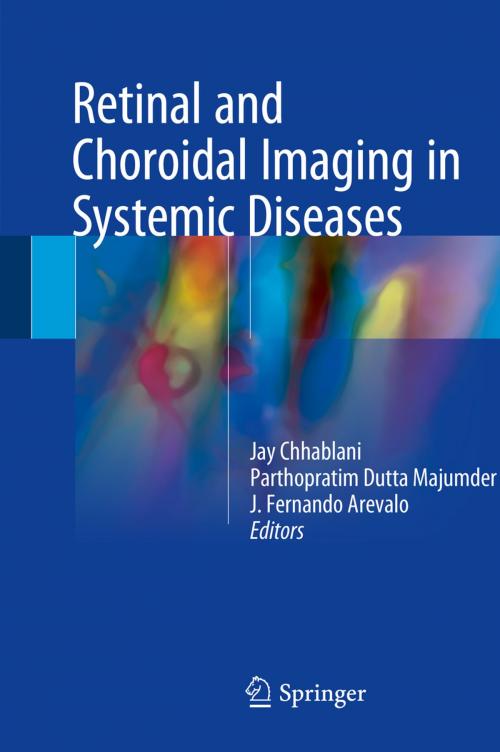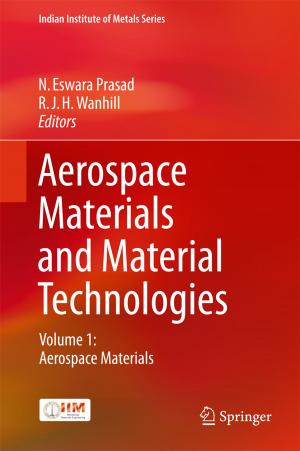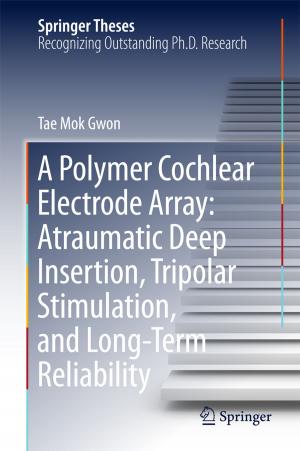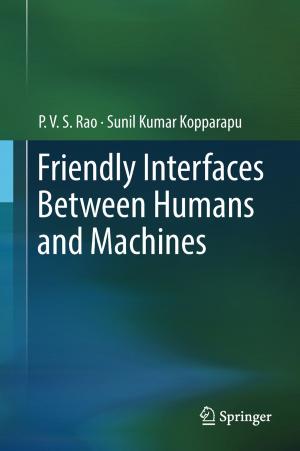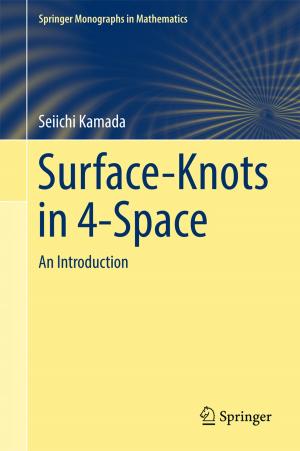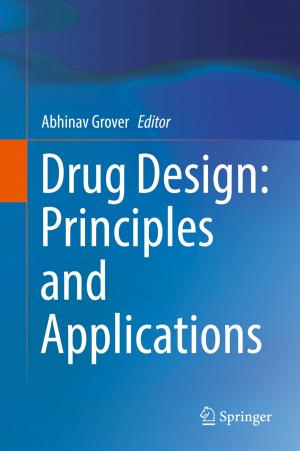Retinal and Choroidal Imaging in Systemic Diseases
Nonfiction, Health & Well Being, Medical, Specialties, Ophthalmology| Author: | ISBN: | 9789811054617 | |
| Publisher: | Springer Singapore | Publication: | December 29, 2017 |
| Imprint: | Springer | Language: | English |
| Author: | |
| ISBN: | 9789811054617 |
| Publisher: | Springer Singapore |
| Publication: | December 29, 2017 |
| Imprint: | Springer |
| Language: | English |
This book explains the underlying rationale for retinal and choroidal imaging in the context of systemic diseases. Various systemic diseases involve the eyes, and for some, the eyes could provide the first clue to their presence. Advances in posterior segment imaging have significantly improved our understanding of the pathophysiology and management of posterior segment diseases. However, imaging techniques like enhanced depth imaging, oximetry, adaptive optics, and retinal blood flowmetry have remained largely unexplored in connection with systemic diseases. Enhancing the available literature on the use of such imaging techniques for various systemic diseases, this handbook will help readers understand their pathomechanisms, supporting early diagnosis and more targeted therapeutic approaches. As such, it offers an essential resource for ophthalmologists, especially those with predominantly vitreo-retinal and uvea experience.
This book explains the underlying rationale for retinal and choroidal imaging in the context of systemic diseases. Various systemic diseases involve the eyes, and for some, the eyes could provide the first clue to their presence. Advances in posterior segment imaging have significantly improved our understanding of the pathophysiology and management of posterior segment diseases. However, imaging techniques like enhanced depth imaging, oximetry, adaptive optics, and retinal blood flowmetry have remained largely unexplored in connection with systemic diseases. Enhancing the available literature on the use of such imaging techniques for various systemic diseases, this handbook will help readers understand their pathomechanisms, supporting early diagnosis and more targeted therapeutic approaches. As such, it offers an essential resource for ophthalmologists, especially those with predominantly vitreo-retinal and uvea experience.
